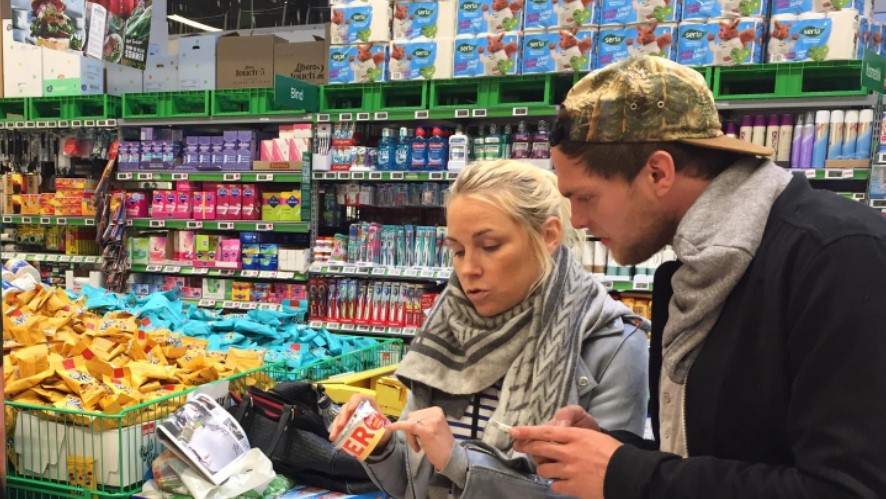Such a collection will signal a new shift in data collection and surveillance for the SSB, as the agency now seeks to force private companies and not just public ones to comply with state oversight. Given the rise in identity theft in Norway, many have grave concerns about the need for increased data collection.
Statistics Norway (SSB), the state-owned entity responsible for collecting, producing and communicating statistics related to the economy, population and society at national, regional and local levels, now also wants to know where what Norwegians buy and where they shop, according to a report by NRK.
In Norway every citizen is linked to their fødselnummer (birth number), and thus the SSB is well-informed about what individuals earn, their taxes due and their criminal records.
But it appears that the SSB does not yet know enough about their subjects. it has ordered Norway’s major supermarket chains NorgesGruppen, Coop, Bunnpris and Rema 1000 to share all their receipt data with the agency. Nets, the payment processor that is responsible for 80 percent of transactions related to supermarket purchases, will also need to provide data.
“A link between a payment transaction made with a debit card and a grocery receipt enables SSB to link a payment transaction and receipt for more than 70 percent of grocery purchases,” SSB said in an assessment.
Privacy advocates and the retail industry rejected the proposal.
Why is SSB doing this?
SSB claims they want “a less time-consuming way” of collecting and analysing data on household consumption in order to design an appropriate tax policy, adjust social assistance and child allowance payments.
In 2012, Norwegian households had listed household purchases in a paper booklet, but according to the SSB the survey was time-consuming and error-prone. This prompted discussions on whether the state could take advantage of tracking digital footprints left by consumers.
“When the purchases are linked to a household, it will be possible in the consumption statistics to analyze socio-economic and regional differences in consumption, and link it to variables such as income, education and place of residence,” the SSB said. They claim that they are only concerned about regional data, but NTNU researcher Lisa Reutter underscored how the public sector was being digitised and was using more and more data.
Reutter is among those concerned with the state’s thirst for increased data collection. “When we increase the public administration’s ability to classify, predict and control citizens’ behaviour using large amounts of digital data, the balance of power between citizen and state is shifted,” she said.
Pushback from retailers
The biggest player in Norwegian grocery retail, NorgesGruppen said they would appeal the decision and ask the Norwegian Data Protection Authority for guidance, according to NRK.
Payment processor Nets said they share concern “about the collection and compilation of data that may be problematic and intrusive for the individual citizen.”
Coop spokesperson Harald Kristiansen also expressed his reservations about this plan. While Coop believes that the SSB may be acting in good faith, the company will nevertheless consider appealing the order.
Data collection in supermarkets is nothing new, however. Many consumers already make available all their purchase data to supermarkets and other retailers in the form of loyalty programs and cards.
While consumers are offered discounts, supermarkets in turn gain access to valuable information about individual purchasing habits and preferences.
But the big difference between these loyalty programs and the SSB proposal is that supermarket loyalty programs are optional.













No comments.
By submitting a comment you grant Free West Media a perpetual license to reproduce your words and name/web site in attribution. Inappropriate and irrelevant comments will be removed at an admin’s discretion. Your email is used for verification purposes only, it will never be shared.